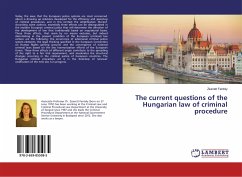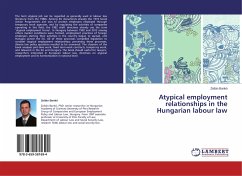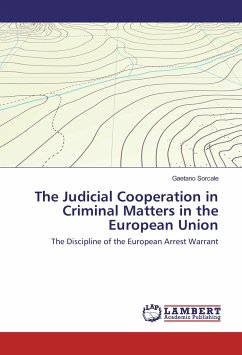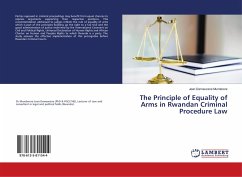
The current questions of the Hungarian law of criminal procedure
Versandkostenfrei!
Versandfertig in 6-10 Tagen
19,99 €
inkl. MwSt.

PAYBACK Punkte
10 °P sammeln!
Today, the issue that the European justice systems are most concerned about is drawing up solutions developed for the efficiency and speed-up of criminal procedures, and in this context the simplification thereof. According some authors, essentially three effects can be distinguished in the modern European criminal justice that will determine the direction of the development of law that traditionally based on inquisitorial bases. These three effects, that seem by no means exclusive, but indeed determining in the present condition of the European (criminal) law culture are the following: the oc...
Today, the issue that the European justice systems are most concerned about is drawing up solutions developed for the efficiency and speed-up of criminal procedures, and in this context the simplification thereof. According some authors, essentially three effects can be distinguished in the modern European criminal justice that will determine the direction of the development of law that traditionally based on inquisitorial bases. These three effects, that seem by no means exclusive, but indeed determining in the present condition of the European (criminal) law culture are the following: the occurrence of adversarial criminal justice system elements; the legal thinking specified in the European Convention on Human Rights gaining ground; and the convergence of national criminal laws based on the law harmonization efforts of the European Union. These three effects of different origin contribute to the spreading of the right to a fair trial requirement, and accelerates the structuralchanges occurring in the criminal justice of European countries. The Hungarian criminal procedure act is in the doorstep of renewal: codification of the new law is in progress.












